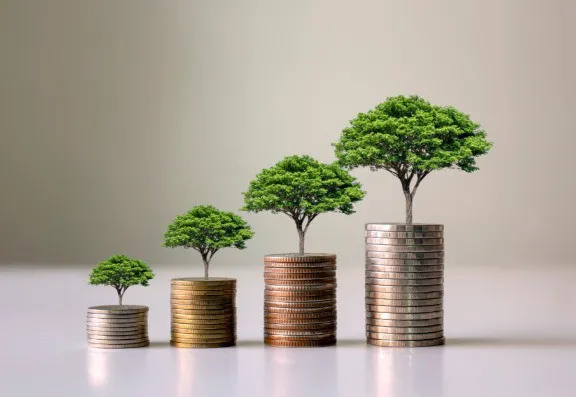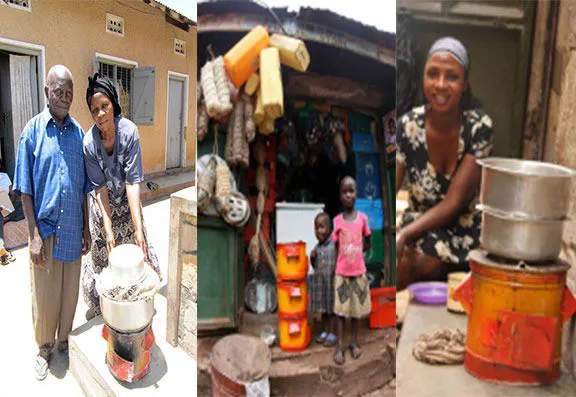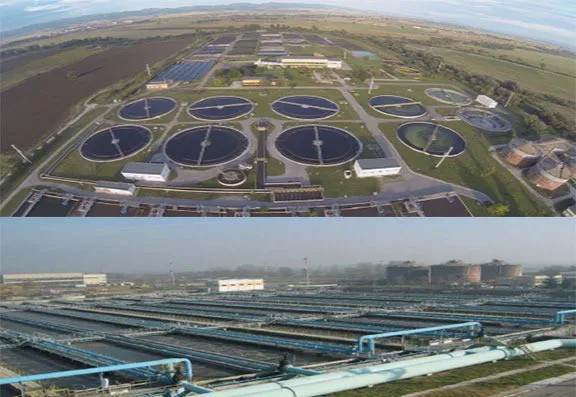This led us to choose couriers that are certified as being carbon neutral, resulting in us having to ditch some very big companies because they just didn’t tick that box. And potentially, that has had a cost impact on us as well.
There’s quite a lot of legwork and paperwork involved in completing an audit trail in terms of how much information our suppliers are giving us, but they are used to it now!
And every year, we go back and knock on the door and say, okay, well, let’s calculate together exactly what our impact has been in terms of carbon footprint and how we take the next step.
Also, every year the auditing company will ask you for more changes, which is when it gets a little tricky because we are getting to the stage where it becomes quite difficult to improve.
Ron: I can see why you’ve employed a professional company to help you through the process and make sure it’s robust. Once you have calculated your net carbon emissions, can you tell me how you offset them to become carbon neutral?
Julien: My objective is always to be carbon neutral plus so that we are impacting in a positive way rather than just keeping it neutral. So every year, we have to offset, and we do this by finding projects or investing in technology in different areas of the world. We take our guidance from the carbon footprint auditors, as I don’t pretend to know an awful lot about which project is best and how it is managed because you’d have to be a specialist in that sector to be able to make that decision.
At the end of the year, they will give us a choice; and some are more expensive than others. In total, we had to offset something like 133 tonnes of CO2 last year, which was achieved by selecting two projects.
One of them was an energy-efficient plant for Bulgaria; so, this is going into technology that would make it more environmentally friendly to process goods. And the other one was in Uganda for a reforestation nature-based project.
Some people think that carbon offsetting is going to cost thousands of pounds per tonne, but it’s not actually that expensive. If you control your impact and you are not spewing out thousands of tonnes of CO2, it’s not a massive expenditure.
For us, it was in the thousands, not in the tens of thousands, which is okay and a worthwhile scheme for us to make a positive contribution.
Ron: That is fantastic. Tell me about your team and how they have responded to this.
Julien: We had a big buy-in from the team once we outlined why we were doing it. And everybody is proud to be part of this because it’s nice to be an employee of a company that cares about the environment.
We even have employees who are responsible for recycling who help to ensure that everything is recycled correctly in the right bins. We have a monthly meeting where employees will come up with suggestions to further improve our sustainability profile. As part of their role, we also have one person who oversees the whole supply chain and our own processes to steer and manage our sustainability goals.
We are immensely proud of the certification we’ve achieved for the past four years, and I recommend this to any company because it makes your employees feel good about the type of business they represent.
Ron: Thank you, Julien, for giving an overview of what you have achieved so far at 4T Medical. It is really encouraging to see small businesses make positive and meaningful changes in relation to the broad range of sustainability issues that will continue to affect us all.




